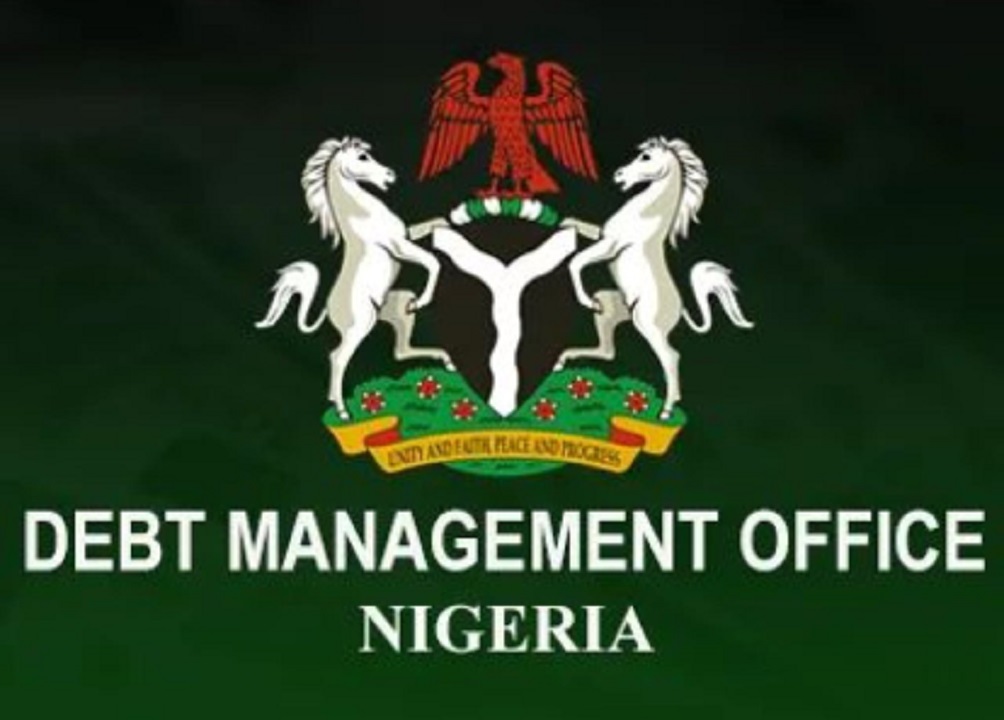Nigeria’s public debt increased by 48.58 percent, reaching N144.67 trillion as of December 2024, up from N97.34 trillion recorded at the end of 2023.
This was disclosed in the latest report from the Debt Management Office (DMO), which revealed a year-on-year surge of N47.32 trillion.
The report also highlighted a quarter-on-quarter rise of 1.65 percent, climbing from N142.32 trillion in September 2024. This indicates a consistent upward trend in the country’s debt profile.
The continuous increase in Nigeria’s debt is primarily driven by a combination of external and domestic borrowing.
External debt rose significantly by 83.89 percent, standing at N70.29 trillion in December 2024, compared to N38.22 trillion in the same period of 2023.
Similarly, domestic debt climbed by 25.77 percent, reaching N74.38 trillion in December 2024, up from N59.12 trillion at the end of 2023.
A detailed breakdown shows that the federal government accounted for N62.92 trillion ($40.98 billion) of the external debt, while the states and the Federal Capital Territory (FCT) owed N7.37 trillion ($4.80 billion).
For domestic debt, the federal government held N70.41 trillion ($45.86 billion), while the states and FCT owed N3.97 trillion ($2.58 billion).
The rising debt levels have sparked concern among financial experts. The Chief Executive Officer of the Centre for Promotion of Private Enterprises, Dr. Muda Yusuf, criticised the mounting debt, especially in light of the country’s significant infrastructure deficits.
![]()





























































